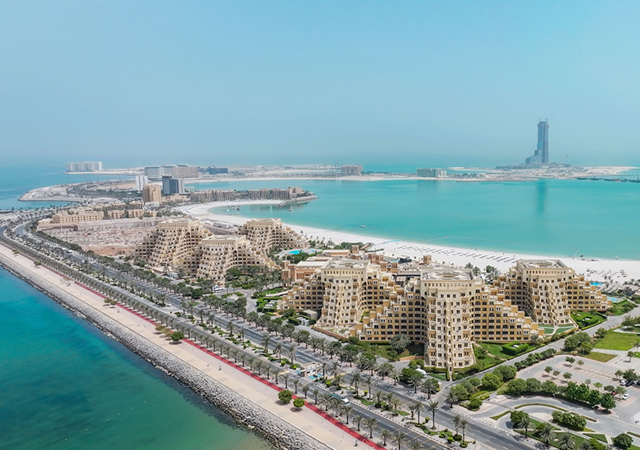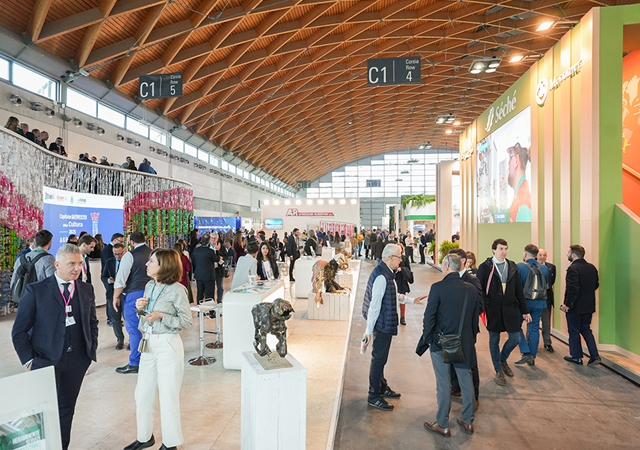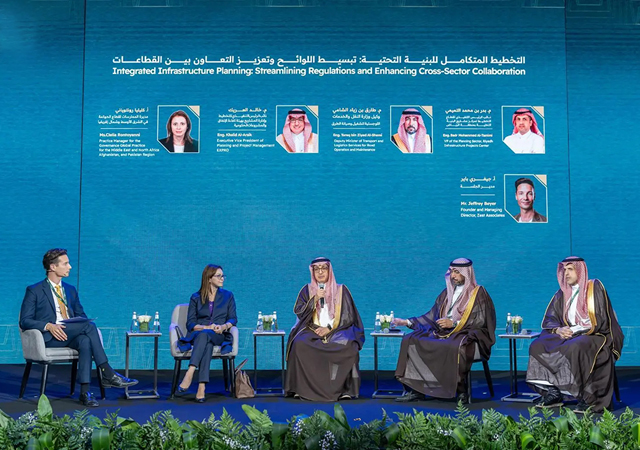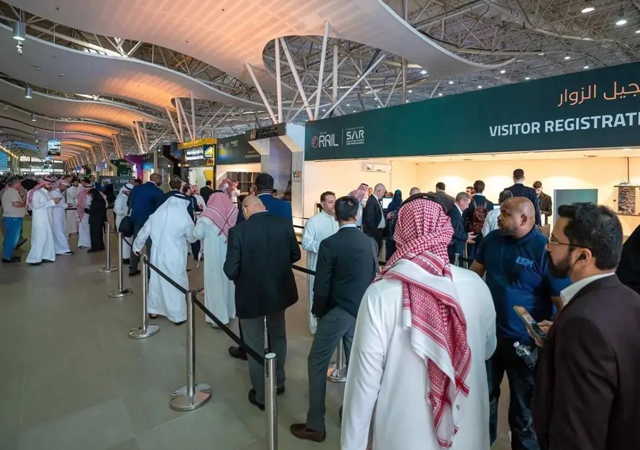
Ensuring the health and longevity of properties is crucial in today's digital age. With most of our time spent indoors, building quality directly affects well-being. Sick Building Syndrome (SBS) is a significant concern, leading to health issues from poor indoor environments.
SBS manifests through a range of symptoms among occupants, including headaches, respiratory issues, fatigue, and emotional distress.
The incidence of SBS has been reported as 57% in office buildings, 31% in university laboratories, and between 23-41% in university administrative buildings. Often unrecognized, these symptoms are linked to factors such as poor ventilation, high levels of indoor pollutants, and moisture.
PlanRadar, a top platform for digital documentation, communication, and reporting in construction, facility management, and real estate, provides an effective solution to manage indoor spaces, combat SBS, and enhance real estate value through smart maintenance and technology.
SBS is reported to affect up to 60% of workers in newly constructed or recently renovated buildings, due to off-gassing and air pollution from new materials, said the company in a statement.
Indoor air pollution, caused by dust, smoke, and volatile substances, significantly impacts air quality, especially when compounded by inadequate ventilation.
Inefficient HVAC systems exacerbate this issue by allowing high pollutant levels and failing to provide adequate air exchange. Additionally, excess moisture fosters mold growth, leading to respiratory problems and allergies, stated PlanRadar.
Maintaining thermal comfort through proper heating and insulation is also crucial for ensuring comfortable indoor temperatures, it noted.
The impact of these issues is significant, particularly on the health but also on the productivity of people working in offices and other indoor environments, and can also lead to a devaluation of the property with a consequent loss of potential rental income.
It is estimated that up to 20% of buildings worldwide may have conditions leading to SBS. Addressing these physical and environmental factors is essential to ensure better overall health of occupants and to maintain the value of the building, it added.
Ibrahim Imam, the CEO Mena & Apac and Co-Founder of PlanRadar, said: "The increasing awareness of SBS worldwide is driving demand for healthier buildings. We are observing that this trend is increasingly influencing global real estate markets, as investors and occupants alike will prioritize buildings that offer healthier environments for occupants."
"As awareness of Sick Building Syndrome grows, there is a heightened demand for practices, training, education and certifications that prioritize indoor air quality and occupant health," stated Imam.
Digital real estate and facility management platforms such as PlanRadar provide a simple solution for efficient property management - one that improves building maintenance, contributes to a healthy indoor environment and ultimately increases property values, he added.
The use of a digital platform can help companies to have:
*Comprehensive Monitoring: Detailed monitoring identifies potential issues early, safeguarding occupant health and property integrity.
*Regular Maintenance Scheduling: Streamlined maintenance plans prevent major repairs, reduce downtime and ensure system efficiency.
*Rapid Defect Identification: Mobile documentation of defects expedites problem detection and response.
*Enhanced Communication: Improved collaboration between team and stakeholders accelerates problem resolution and reduces administrative overhead.
*Historical Data and Analysis: Detailed records help track recurring issues and plan future maintenance effectively.
According to Imam, even in modern, energy-efficient buildings, maintaining optimal air quality and overall building health is crucial.
Properties affected by SBS require targeted strategies to enhance their quality and market value. Tools such as PlanRadar provide a comprehensive solution, enabling precise planning, efficient resource utilization, and improved communication. This ensures properties remain healthy and valuable assets, he added.-TradeArabia News Service



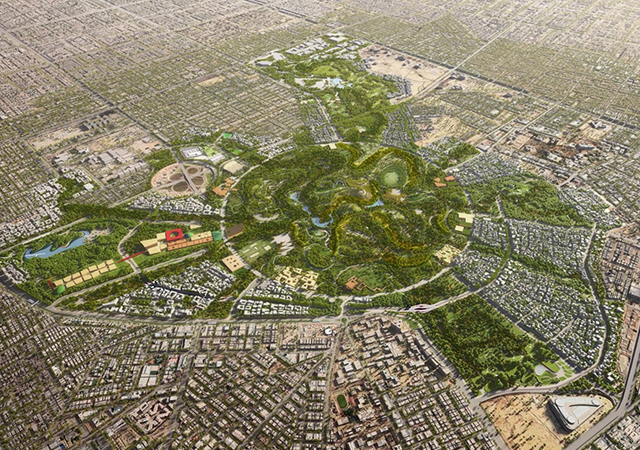
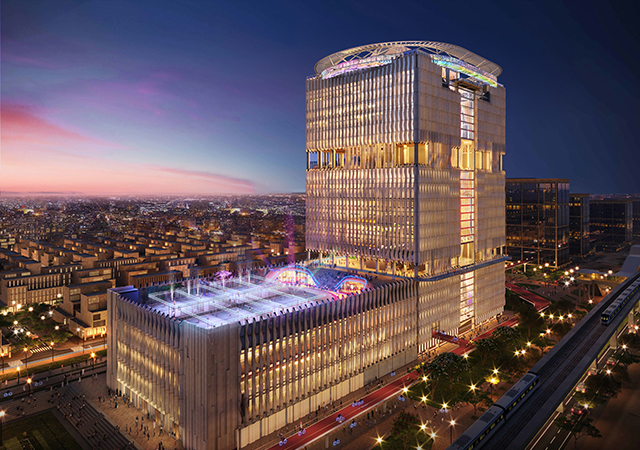
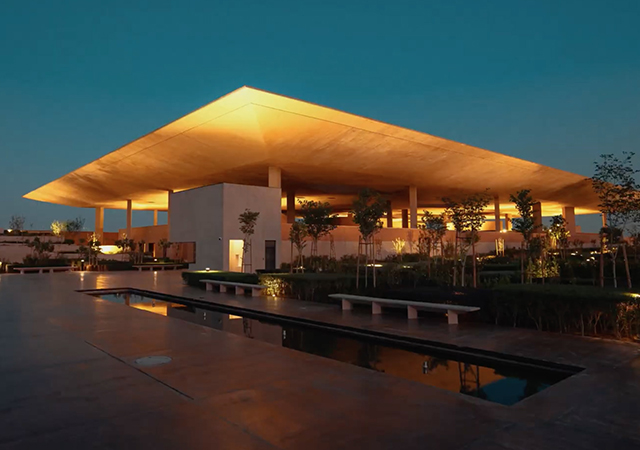
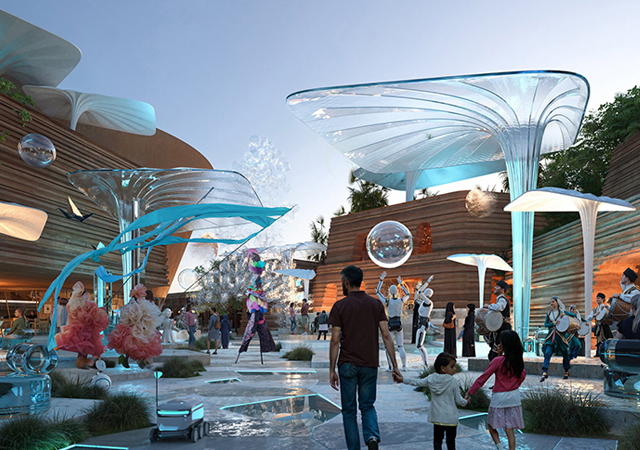
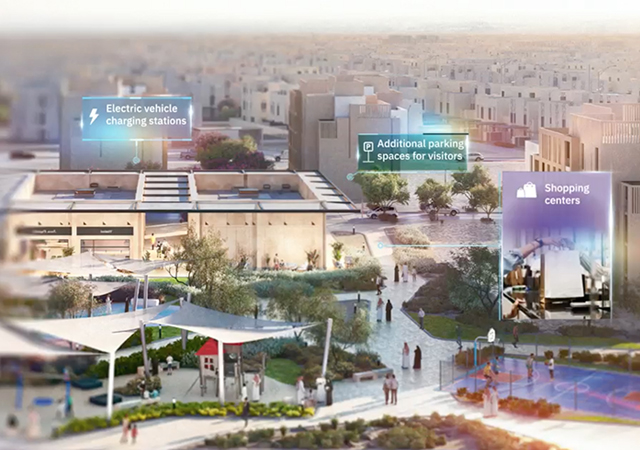

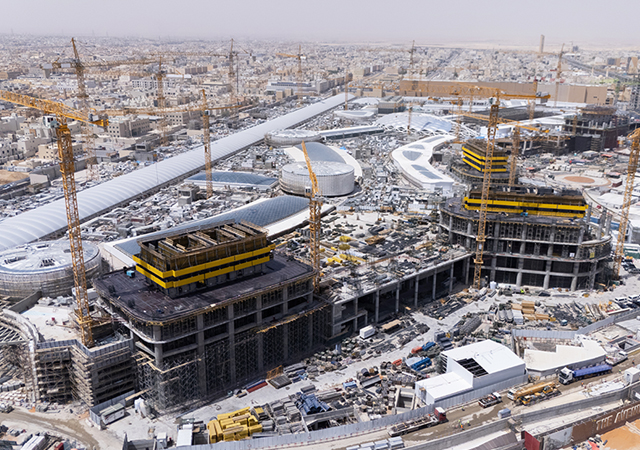
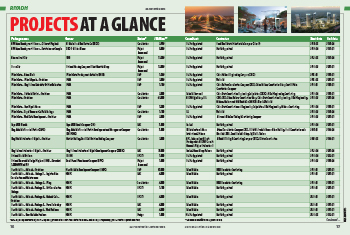
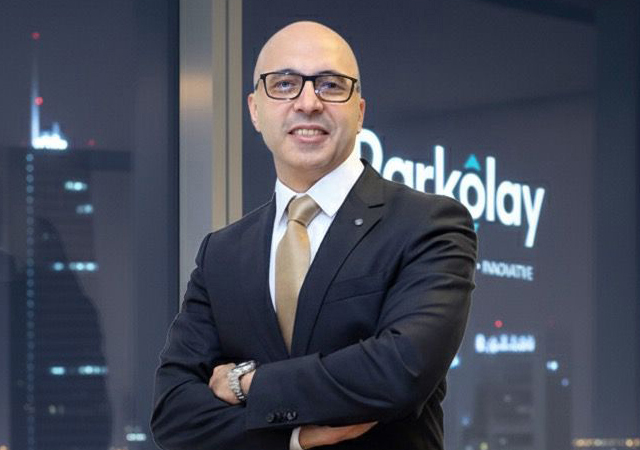



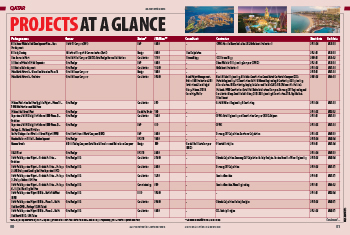
.jpg)
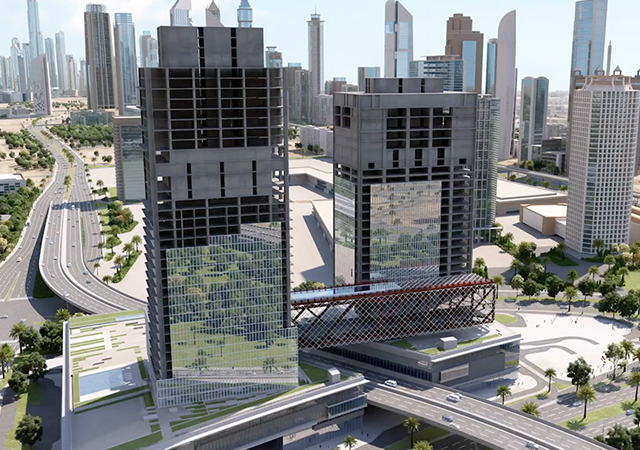
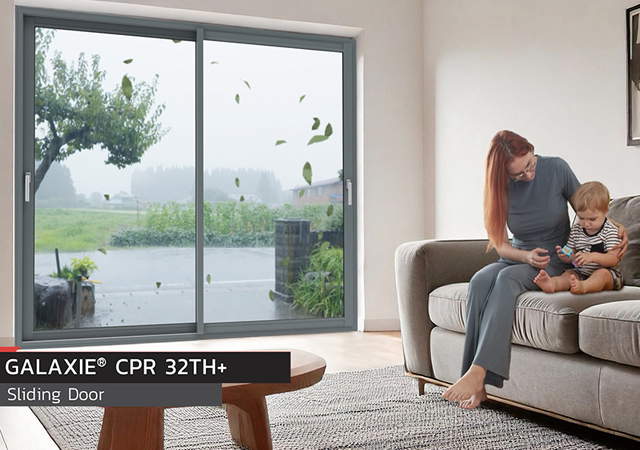
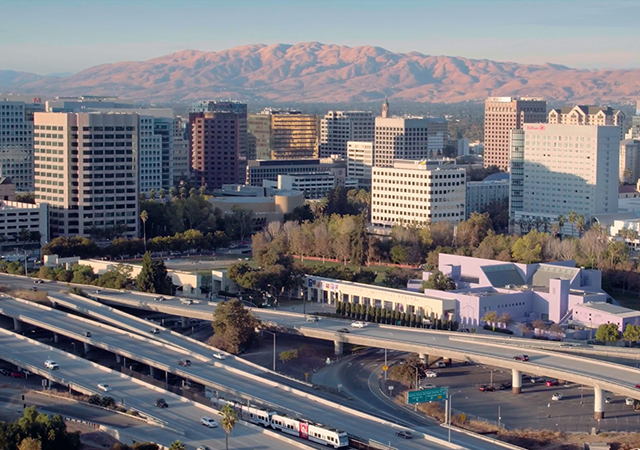
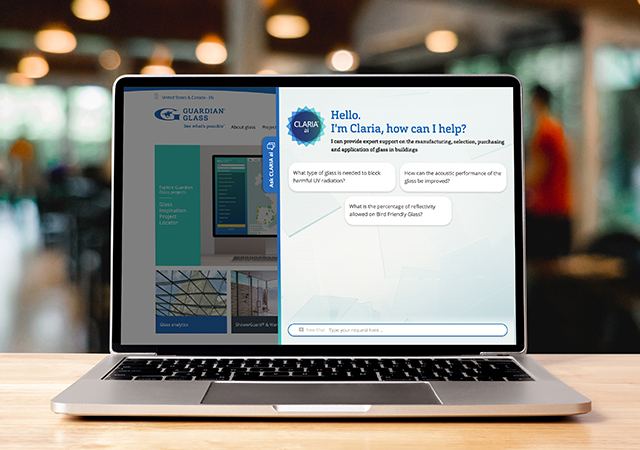

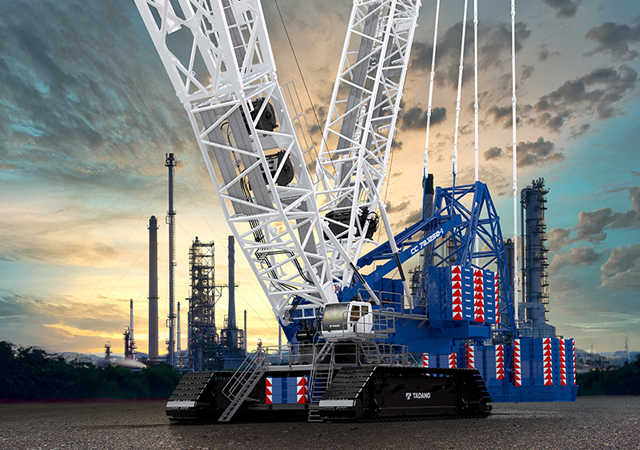
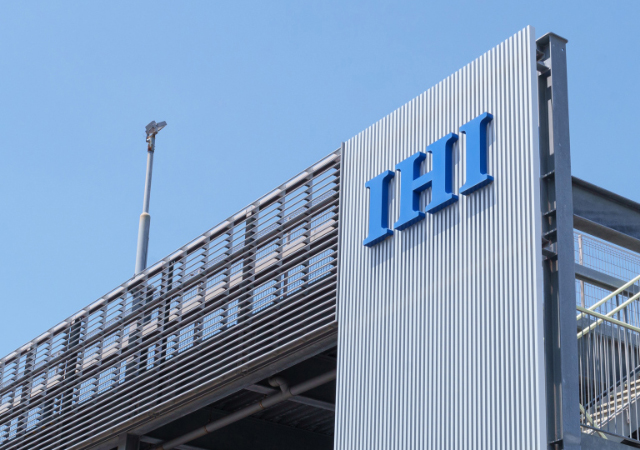
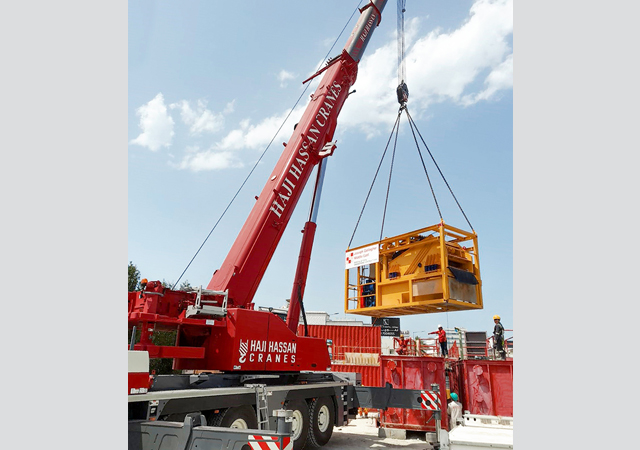
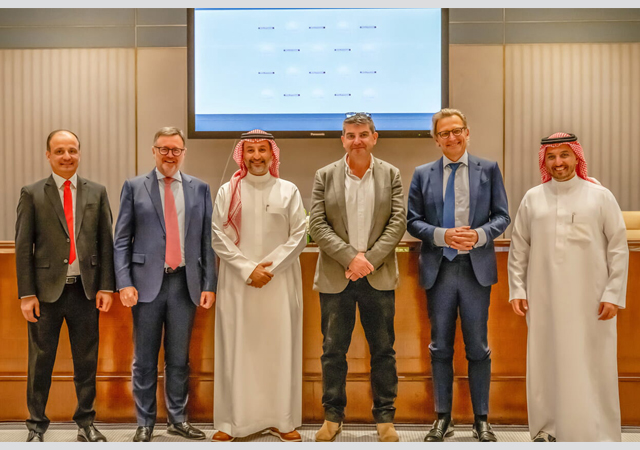
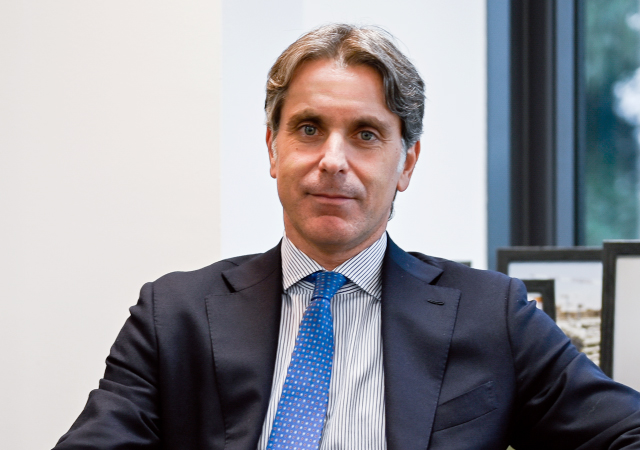
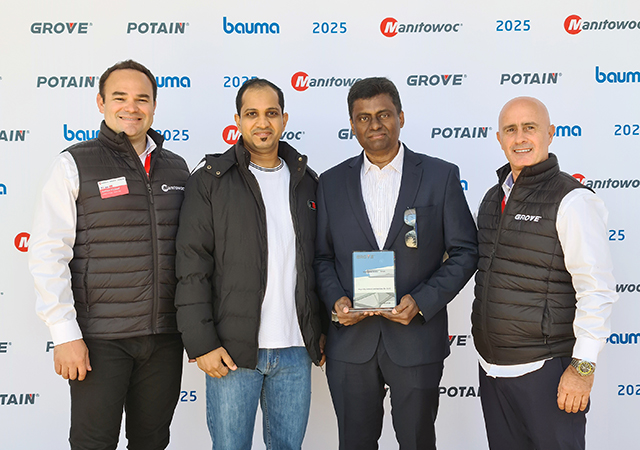
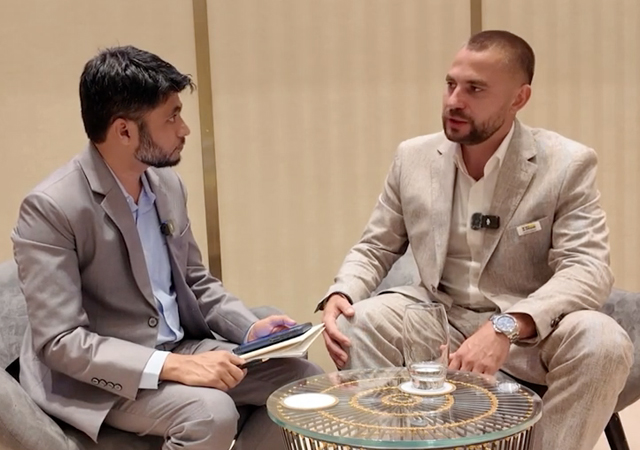
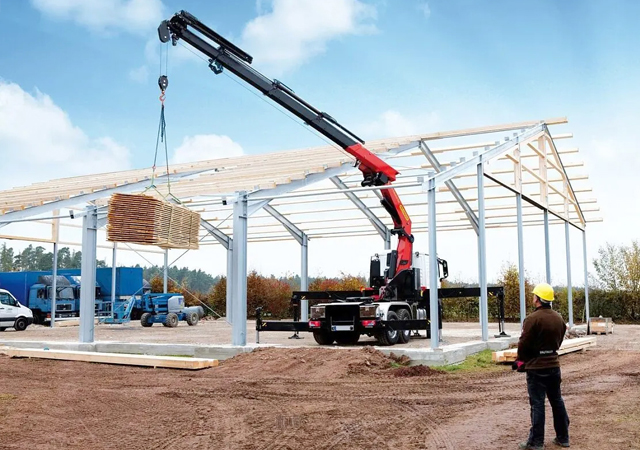
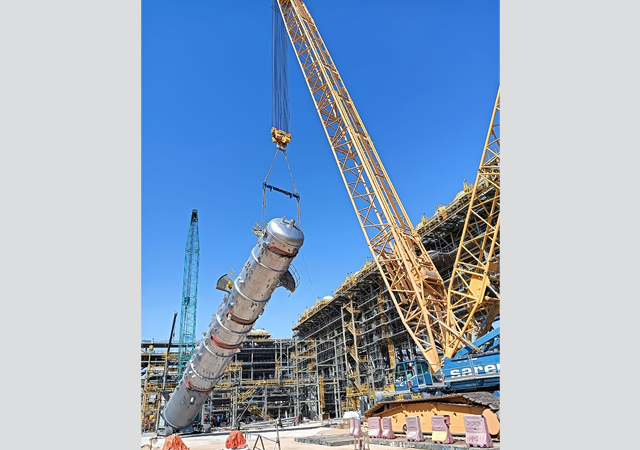
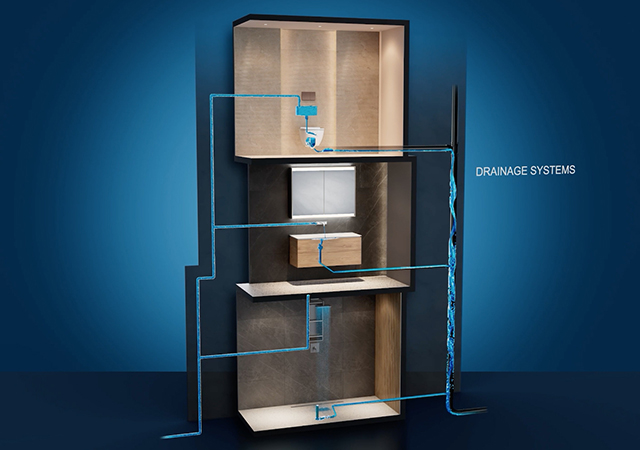
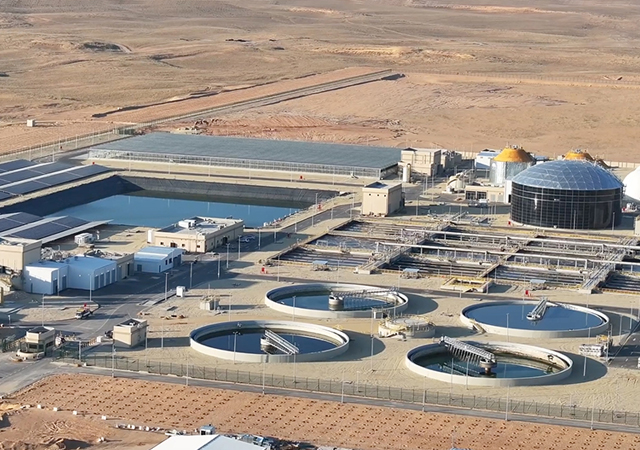

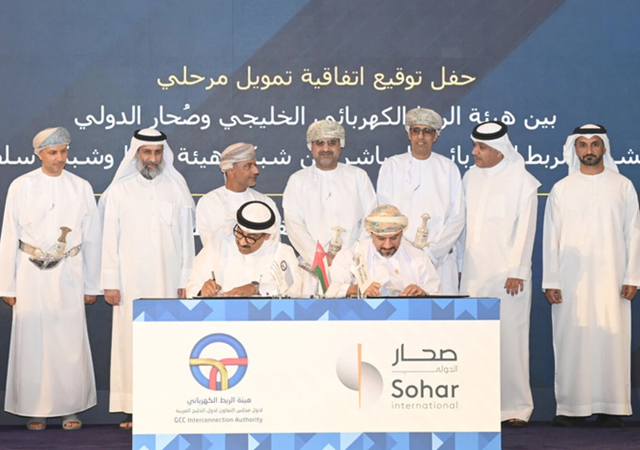
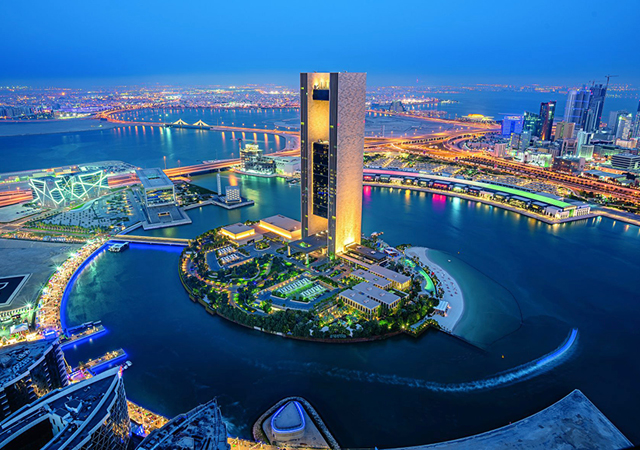
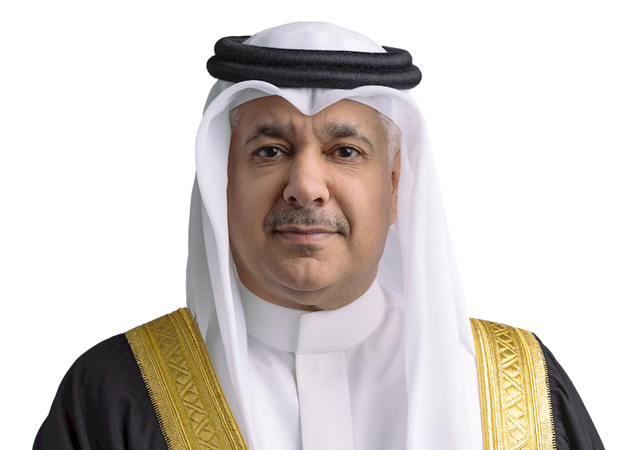
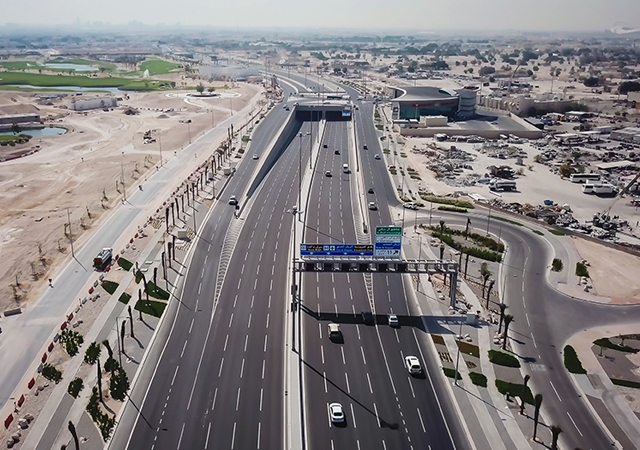
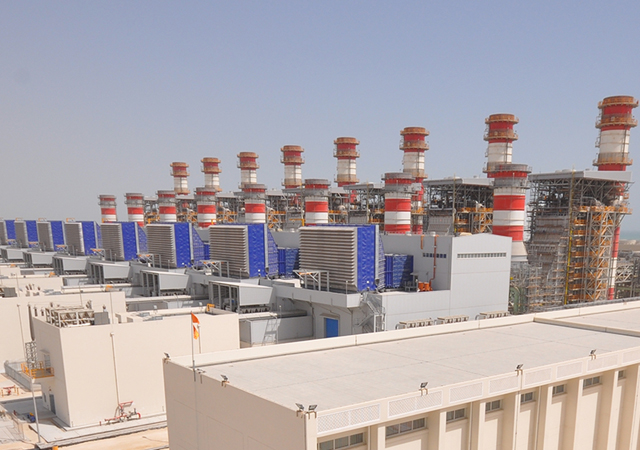
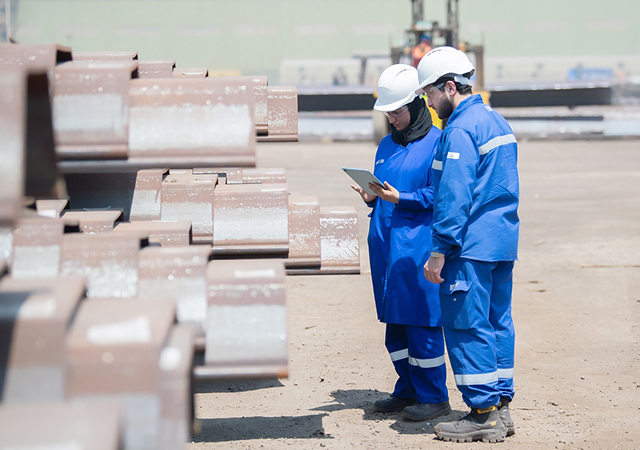
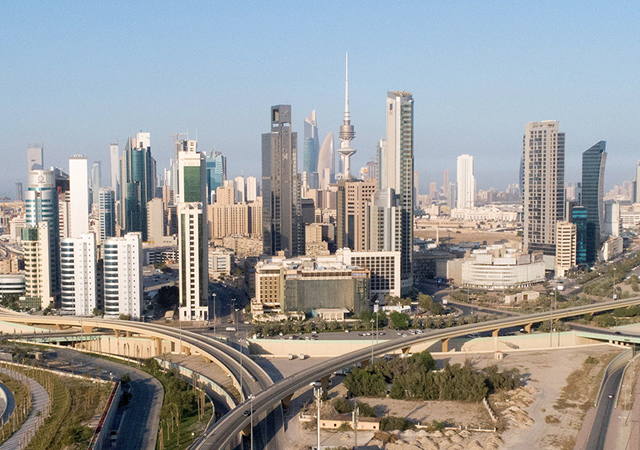
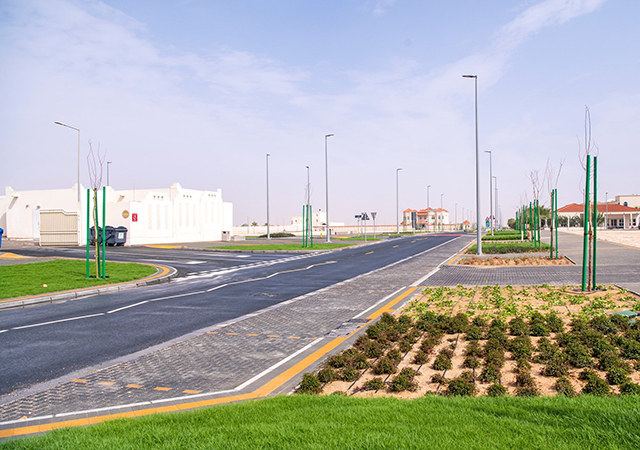
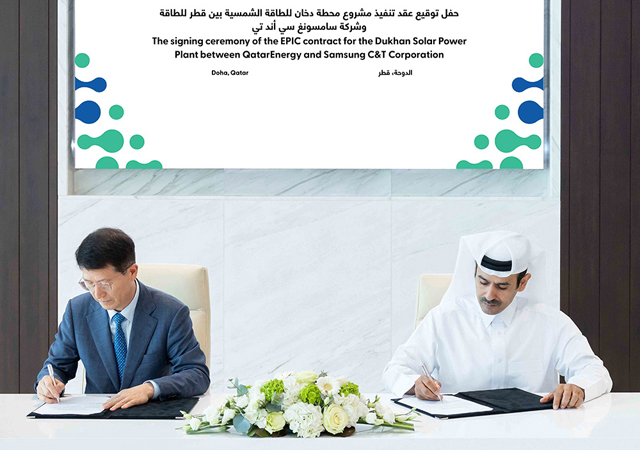
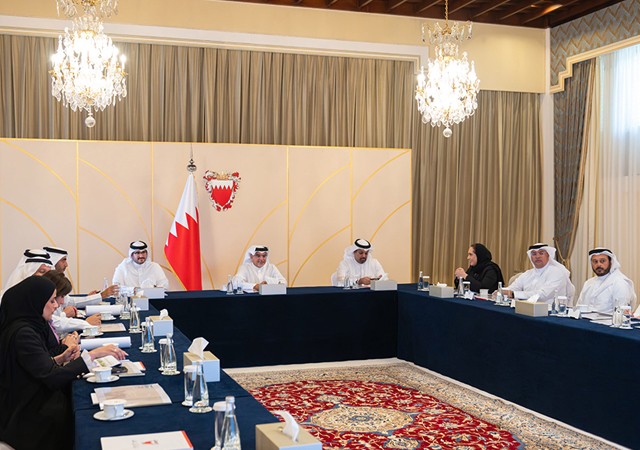

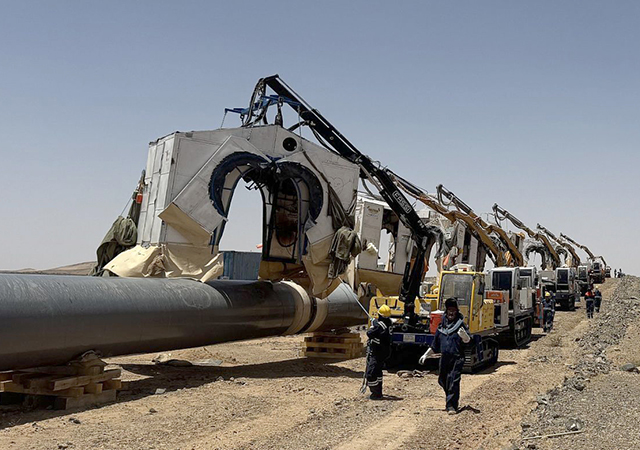

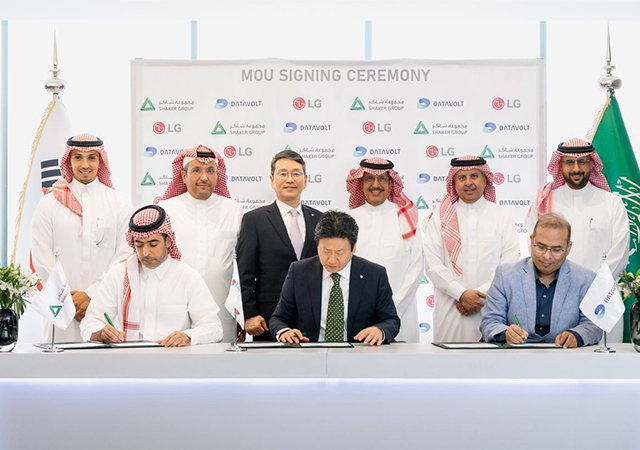
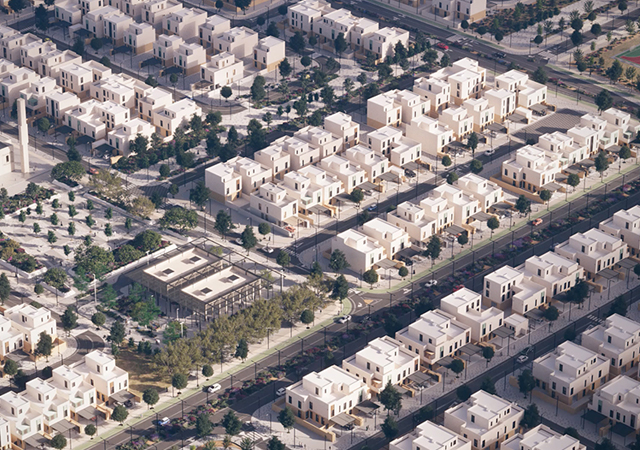
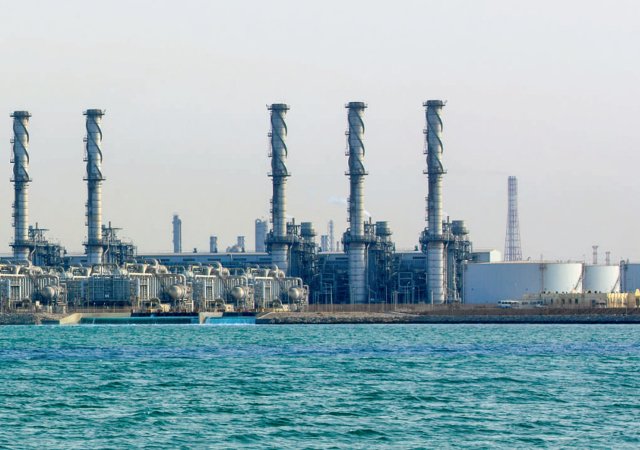

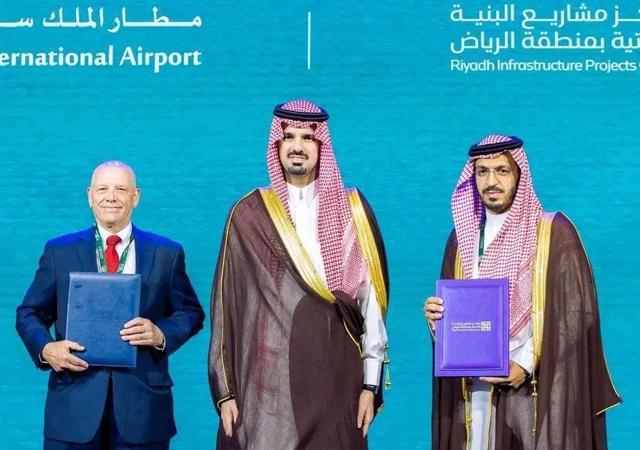

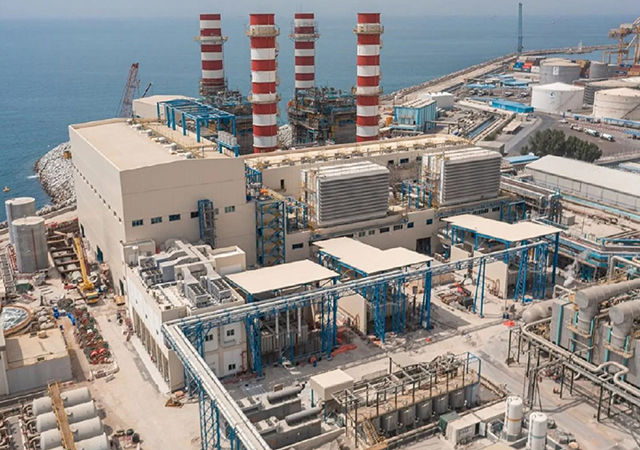
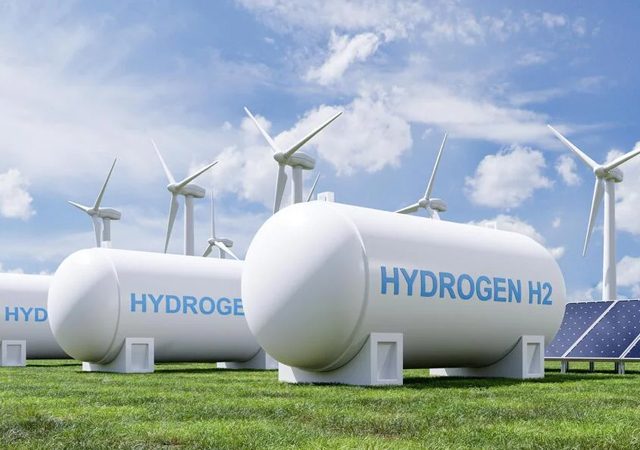

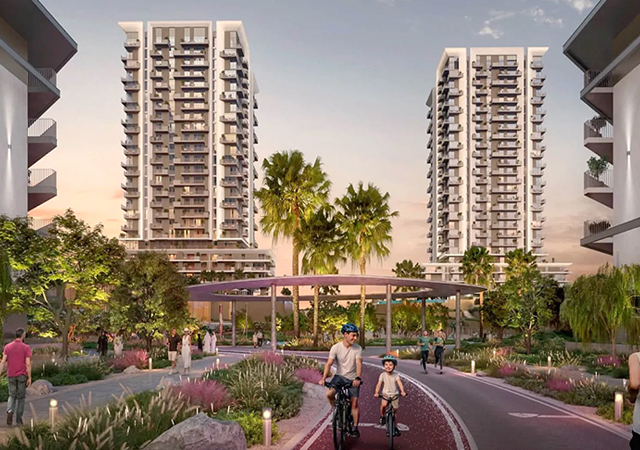
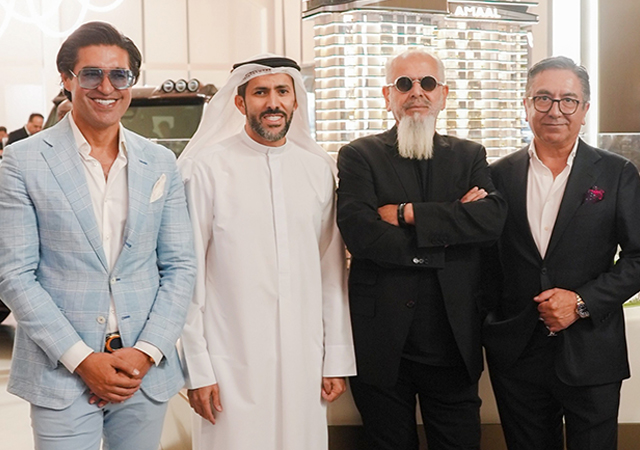
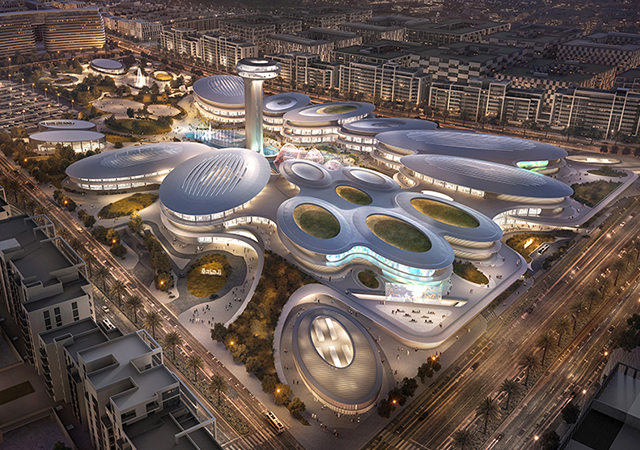

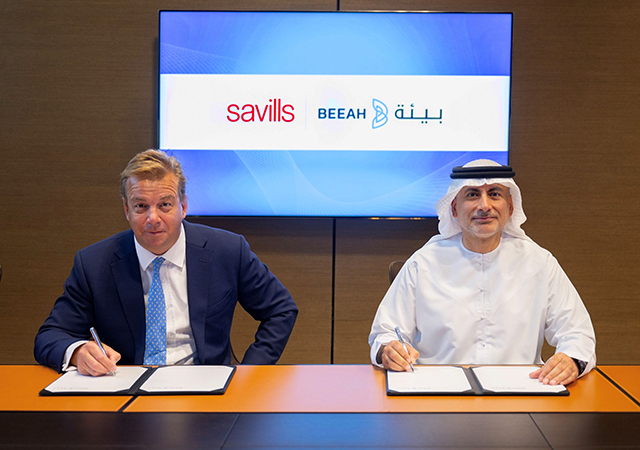



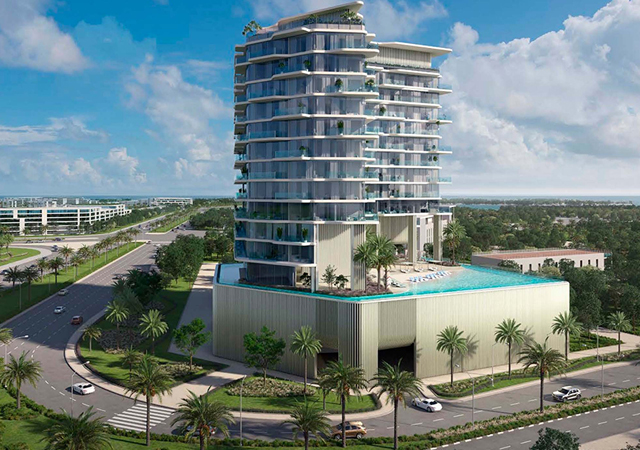

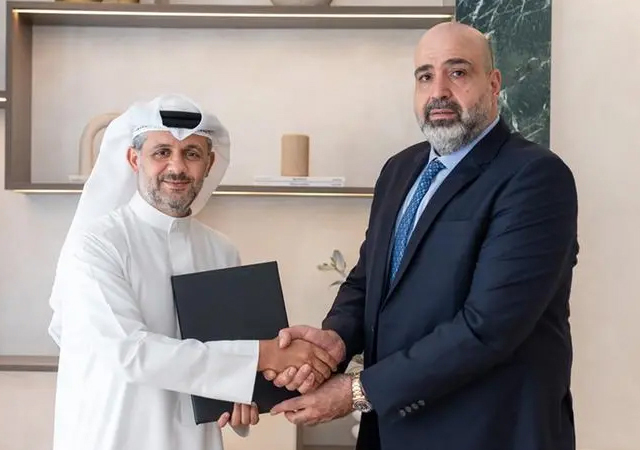
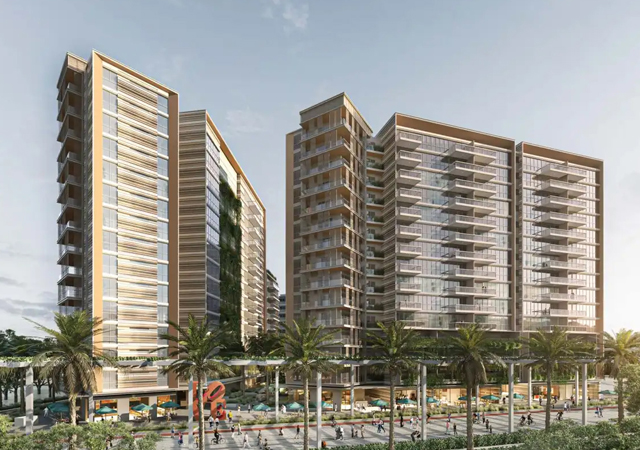
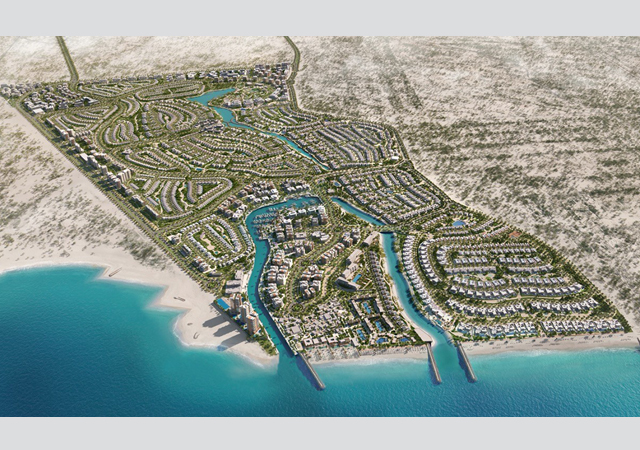
.jpg)

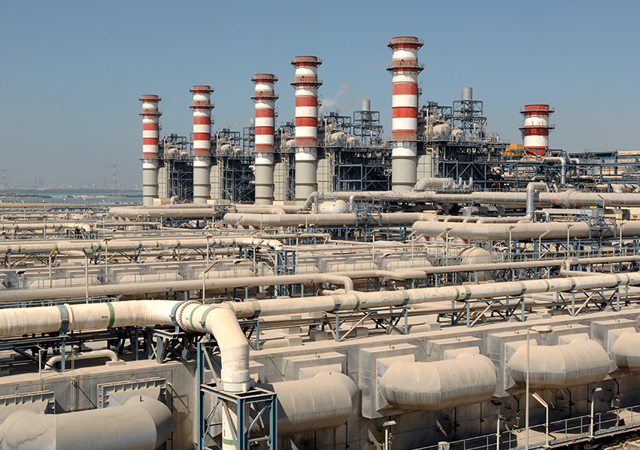
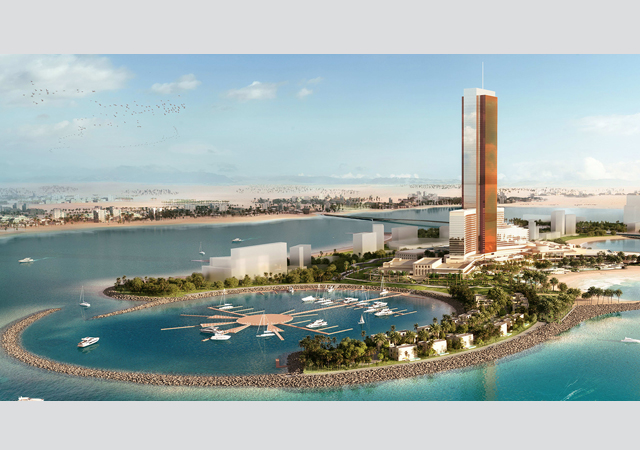
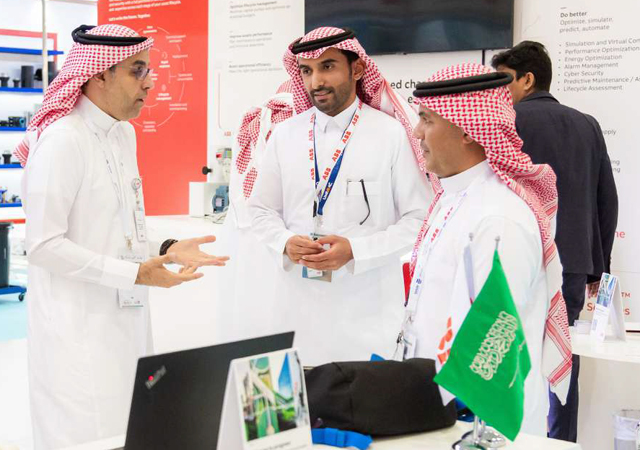
.jpg)
